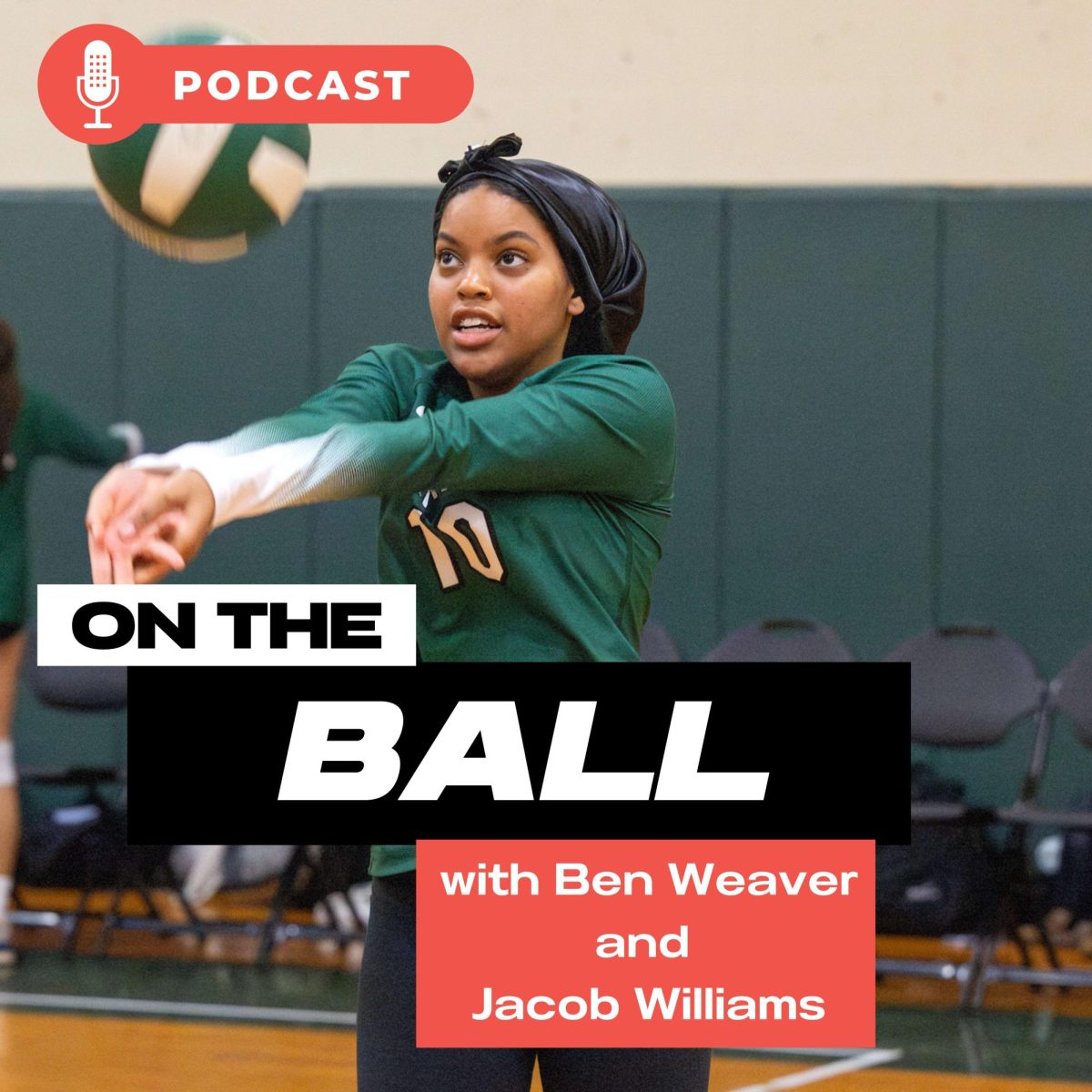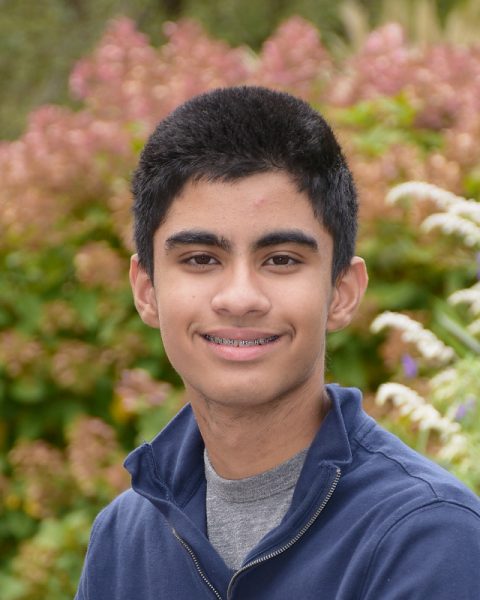With the NFL draft concluding on April 26, many teams have revamped their rosters with budding young talent for the future. Many notable prospects found their future homes, with standout Quarterback Cam Ward going to Tennessee, two-way sensation Travis Hunter landing in Jacksonville, and powerful edge-rusher Abdul Carter heading to the New York Giants.
However, the major headline from the draft was not about the top picks and prospects; it was about a high-level talent who drastically fell into the fifth round: Shedeur Sanders.
Many scouts predicted Sanders as a surefire first-round pick. At face value, he had the skill to be arguably the best quarterback in the draft. Last year at Colorado, he threw for 4,134 yards, with 37 passing touchdowns and ten interceptions. On paper, these stats scream first-round talent.
However, Sanders was not picked in the first round on Thursday night. This left many fans incredibly confused. From the average NFL fan to even President Donald Trump, everyone was puzzled about such an electric talent’s draft stock taking such a hit.
Despite not being picked on day one, Sanders was expected to be picked the following night, during the second and third rounds of the draft. When the second day rolled around, though, Sanders kept sliding through the draft board, not even hearing his name called after day two. Shedeur Sanders, a projected day one pick, had to wait until day three to be selected.
After nearly three full days of falling in the draft, Sanders would finally hear his name called. The Cleveland Browns selected Shedeur Sanders with the 144th overall pick in the fifth round of the draft, marking the end of the Sanders saga.
There are a variety of reasons for Sanders’ fall in the draft, and they are not surface-level.
Multiple assistant coaches and team executives anonymously reported that Sanders did very poorly in pre-draft interviews
One assistant coach referred to the interview as, “The worst formal interview I’ve ever been in in my life. He’s so entitled. He takes unnecessary sacks. He never plays on time. He has horrible body language. He blames teammates, but the biggest thing is, he’s not that good.”
NFL insider Jonathan Jones reported that Sanders intentionally did poorly in interviews with teams he didn’t like to avoid being selected by them.
Shedeur’s draft slide raises many questions about the pre-draft process, and what NFL teams might look for in a player. Although Sanders supposedly showed concerns due to his attitude, this doesn’t negate his excellent stats and on-field play at Colorado. How could so many quarterback-needing teams pass on such an amazing talent?
Additionally, the reports bashing Sanders’ pre-draft interviews were very vague, and their credibility is in question. It is important to consider that none of the coaches or executives revealed their name, team, or credibility.
NFL teams have been no strangers to drafting players with perceived character issues in the past. Cam Newton, for example, was kicked out of the University of Florida in 2008 after stealing another student’s laptop. Despite this, he was selected by the Panthers with the first overall pick in the 2011 draft and turned out to be a great selection, winning the MVP in 2015 and making a Super Bowl trip that same season.
Just like Newton, Sanders had top-tier stats. However, teams didn’t make an exception for him. If players have faced significantly greater issues and run-ins with the law, why does a player get penalized for being perceived as arrogant?
One explanation is that there was an issue with organizations. Certain organizations may see Sanders as a threat to higher-ups of the organization, because of his willingness to criticize others and the publicity his father, Deion Sanders, carries.
Shedeur, being the son of a polarizing NFL legend, can come across as threatening to an organization. It is known that Deion hasn’t hesitated to get involved in his son’s career.
Before the draft, Shedeur did not have an agent and sought guidance solely from his father. In March of 2024, Deion made a comment on a podcast implying that Shedeur could refuse to play for a team he gets drafted to, if it’s not a preferred destination: “I know where I want them to go, so it’s certain cities that ain’t gonna happen.” Sanders said.
A combination of both Shedeur and Deion’s antics could serve as the main reason why Shedeur drastically fell in the draft. Nevertheless, Sanders’ draft fall was puzzling, and could serve as a representation of the biases of the NFL Draft.























































